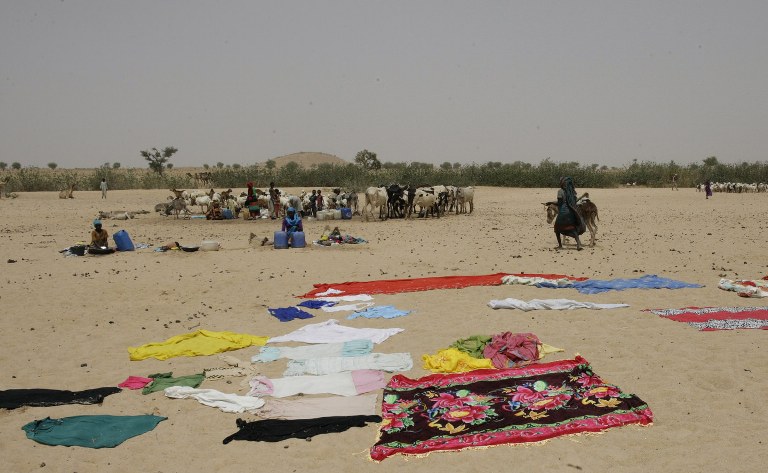South Sudanese refugees face severe humanitarian conditions in East Darfur
May 7, 2016 (ED-DAEIN) – More than 39,000 South Sudanese refugees mostly women and children are living in an extremely difficult conditions in East Darfur state since last March, said local official.

Commissioner of Abu Gabra locality Al-Daif Issa Alyo told Sudan Tribune that thousands of South Sudan’s refugees have arrived in several localities of South Darfur, saying they are living in extremely difficult humanitarian conditions.
He pointed to the need to urgently provide them with the necessary lifesaving assistance including foodstuffs, medicines and drinking water.
Alyo also warned against the spread of diseases and epidemics among the refugee, calling on the concerned body to provide blankets and mosquito nets ahead of the rainy season.
The commissioner also called on the aid groups to immediately address the situation particularly as the humanitarian situation of the refugees doesn’t tolerate any delay.
He added that aid groups which embarked on counting numbers of refugees hadn’t completed its work due to the continuing flow of refugees into East Darfur state.
Alyo further warned that the large flow of South Sudanese refugees would pose great pressure on the living conditions of the residents if the ministry of humanitarian affairs and the aid groups didn’t act quickly.
He pointed to the sharp rise in the price of foodstuffs besides the water shortage in the state due to the huge influx of refugees.
Last Month, the United Nations Office for Coordination of Humanitarian Affairs (OCHA) said that South Sudanese refugees from Bahr el Ghazal region of South Sudan have continued to flee across the border into Sudan due to hunger, coupled with insecurity.
OCHA reported that approximately 54,000 South Sudanese refugees have arrived in East and South Darfur and West Kordofan in just over two months.
According to OCHA, East Darfur alone has so far received about 43,000 of these new arrivals from Bahr el Ghazal region.
The UN agency also forecasted that further arrivals are expected to continue, with a peak in late May prior to the onset of the rainy season in South Sudan.
On 17 March, Sudanese government announced a decision that all South Sudanese in Sudan are to be treated as foreigners, instead of ‘brothers and sisters’ as they were previously regarded.
South Sudan broke away from Sudan in July 2011 and established its own independent state after decades of war between the two former northern and southern regions of one country.
